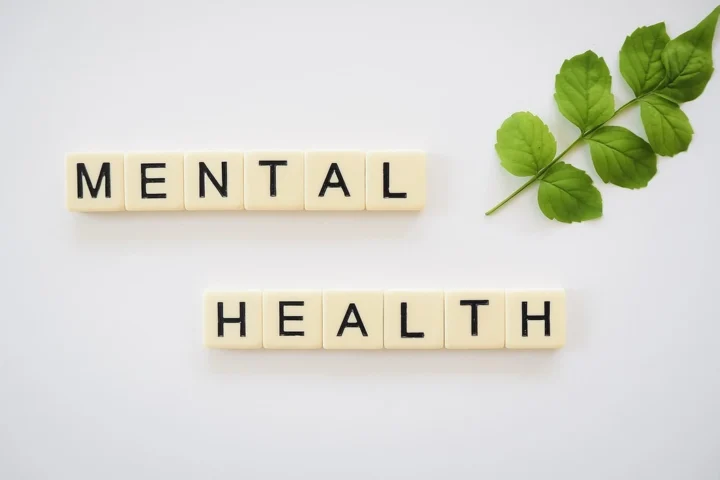In a world that historically celebrated men’s resilience, a shift is underway in the discourse around their mental health. Despite the persistent expectation for men to embody stoic warriors, emerging statistics reveal a concerning trend. The conversation demands attention, with a trigger warning for the sensitive content ahead.
Challenging Statistics and Paradoxes
The National Crime Records Bureau (NCRB) report of 2021 paints a stark picture, indicating a higher suicidal death rate among men compared to women. Dr. Lakshmi Vijaykumar, founder of the suicide prevention NGO Sneha, highlights the paradox, emphasizing the difficulty men face in expressing emotional distress, leading to alarming rates of substance abuse and suicide.
Beyond Stereotypes: Men Embracing Therapy
Contrary to stereotypes, individuals like Naresh, a software engineer from Bengaluru, are breaking the mold. Naresh, in therapy for years, notes the stigma around therapy for men. He emphasizes the need for awareness while sharing his positive experience.
Dismantling Societal Norms: Safe Spaces for Men
V Chandrasekhar, a counselor and psychotherapist, underscores the importance of dismantling societal norms linking a man’s worth to societal contributions. He advocates for therapy-sensitive to gender differences, acknowledging the scarcity of safe spaces for men.
Youth, Stigma, and Seeking Help
Dr. Shiva Prakash Srinivasan from SCARF India sheds light on the changing tide, revealing that 59% of youth consultants are men. Exposure to mental health knowledge is increasing the willingness of young people to seek professional help, challenging stereotypes.
Diverse Coping Mechanisms: Beyond Conformity
The newer generation of men is diversifying coping mechanisms, embracing practices like music, journaling, and hobbies without conforming to gender stereotypes. Chandrashekar emphasizes distinguishing between therapeutic activities and formal therapy to avoid confusion.
Beyond Formal Therapy: Embracing Community Support
Recognizing that mental well-being extends beyond formal counseling, the newer generation emphasizes the value of supportive communities. Creating spaces where vulnerability is embraced breaks down stigma and normalizes conversations around mental health.
Addressing Gender Biases in Counselling: Ongoing Education Needed
Shruti Prasad, a psychologist, emphasizes the need for ongoing education to address gender biases in counselling. The lack of training in navigating diverse social identities in the Indian setting calls for a more nuanced approach in mental health education.
Winding it up
As we navigate the evolving landscape of men’s mental health, breaking the silence becomes paramount. The narrative is shifting, challenging stereotypes, embracing diverse coping mechanisms, and fostering supportive communities. It’s a journey toward breaking down stigmas, creating safe spaces, and evolving conversations that redefine what it means to prioritize men’s mental well-being.







